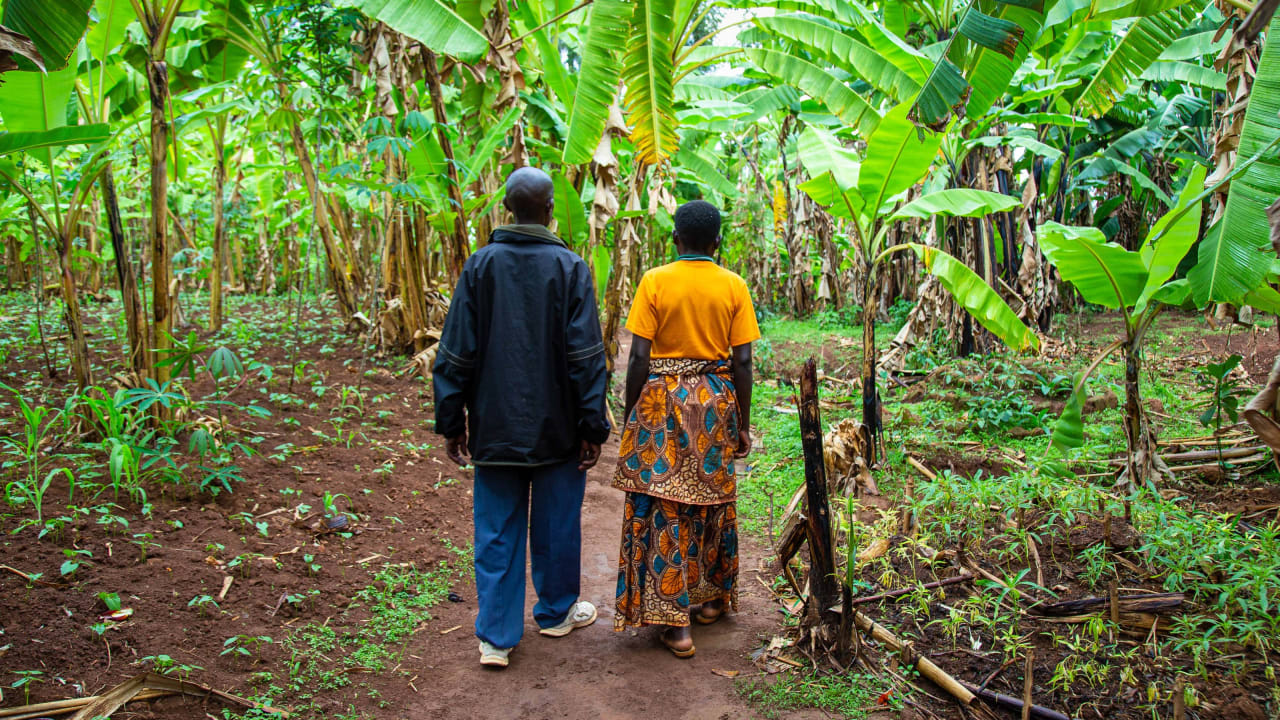Sexuality is an important subject for Christians today. It can no longer be left as something that we don’t talk about and only deal with in private. We must face up to the results of sexual behaviour that we can see in our society.
God’s intent for sex
There is no reason to consider sex as bad and sinful. When you look at what the Bible says about sex, you will see that God intended it to be one of the most beautiful and superb gifts. The purpose is not just sexual reproduction. God designed sex for building an effective marriage relationship based on the mutual enjoyment and delight of it. God designed sex for pleasure, as an expression of love for both men and women to enjoy. Sex should not be a painful duty, but neither is physical pleasure its only purpose.
Marriage
God’s ideal for sex is that we abstain before marriage and are faithful to our partner within marriage. These boundaries are for our own protection. Sex should be a source of delight and satisfaction that helps unite couples, but often previous experiences can prove damaging. Sex is designed for relationships that are permanent, loyal and that respect both partners.
God has established a safe place for us to discover, develop, and enjoy our sexuality to the fullest. This is inside the relationship of mutual belonging and giving that we call marriage. We have to understand that marriage isn’t just the civil or religious ceremony. That is simply the public witness of a marriage. Marriage is a life-long, sincere, loving and exclusive relationship between a man and a woman. Husband and wife need to maintain this relationship by continuing to choose to be faithful and to love each other for the rest of their lives.
Consequences
Many health planners and psychologists agree that the sexual behaviour and attitudes that have become increasingly accepted in our society in the last few decades have had many negative consequences. There is a lack of awareness of sexual health and it is common for people to have many different sexual partners. These things contribute to the AIDS pandemic and the increase of other sexually transmitted infections. Other consequences are teenage pregnancies, abortions, abandoned children and single parents. Harmful attitudes to sexuality, such as the idea that to be a man means being sexually aggressive, can contribute to sexual violence, child abuse and rape. It is clear from all of this that people’s behaviour does not match God’s intentions for sex and relationships. I believe that Christians need to rediscover God’s plan for sexuality. We need to examine our beliefs, our lifestyles and check the behaviour we model. We have a responsibility to live out a radical alternative of healthy attitudes to sex.
Young people
We do not live in an ideal world. There are many factors that put pressure on young people in our society and make them impatient to have sex. Some of the factors to consider are cultural beliefs, values and customs, childhood experiences, social environment, and the powerful sexual impulse that is part of our physical nature. With better nutrition and physical health, young people often reach puberty earlier, sometimes at nine or ten years old. But in many countries they are not likely to get married until they are in their twenties. Young people are constantly under pressure from mass media such as television, magazines and the internet. The media is full of sexual images and misinformation. Add to this the natural curiosity of young people, their desire to experiment and the normal tendency to underestimate risks, and we can see why sexual experience often starts earlier in life.
For young people, peer pressure can be very strong. Teenagers often struggle for identity. Young people look for acceptance and approval within their peer group. They need good self-esteem to be able to challenge peer pressure and make their own decisions. Role models are also very important. Good relationships with parents are a key factor in development, as we tend to reproduce the situations that we lived through in our own home. Studies show that children who grow up witnessing violent relationships are often less able to form stable, healthy relationships in later life. Teachers, other relatives and older friends can also provide a strong influence, as can famous figures in youth culture, such as musicians and actors. All too often, this influence can be negative, not positive. If the church stays silent, then how can we help young people to make good choices?
Sometimes, however, people have little choice. Gender inequalities mean that women often have little control over sexual decisions. Poverty may mean people have no means of survival except through sex work.
What can we do?
We need to provide accurate information about sexual issues and good role models for young people. We should help them to develop good self-esteem and healthy attitudes towards sex, so they can make good decisions and avoid risky behaviour. We cannot do this if we are ashamed to talk about these issues. We should start by recognising that sexuality is an integral and important part of being human, and should be valued and respected, not ignored or denied. We need to understand the true purpose of sex and take away any myths and mistaken ideas.
Dr Apolos Landa is the Latin America and Caribbean Regional Coordinator for the Luke Society International.
Email: [email protected]







